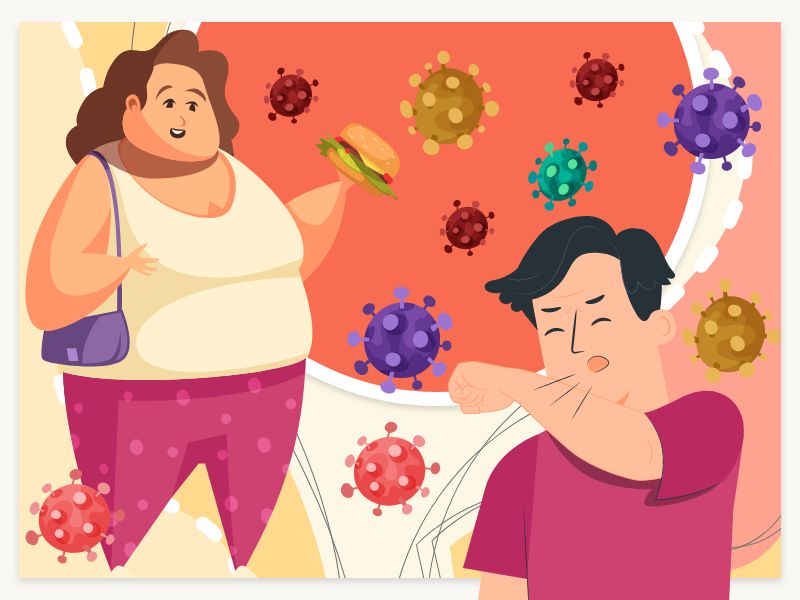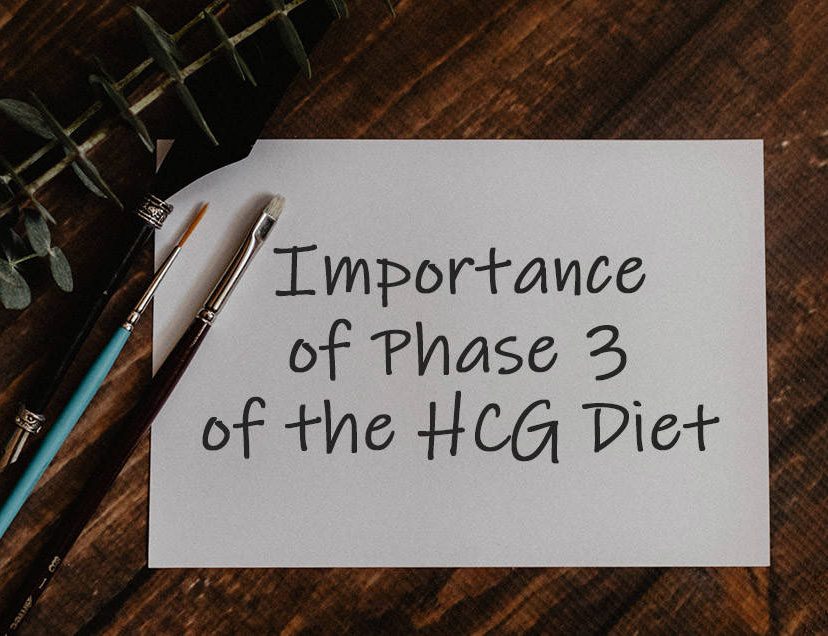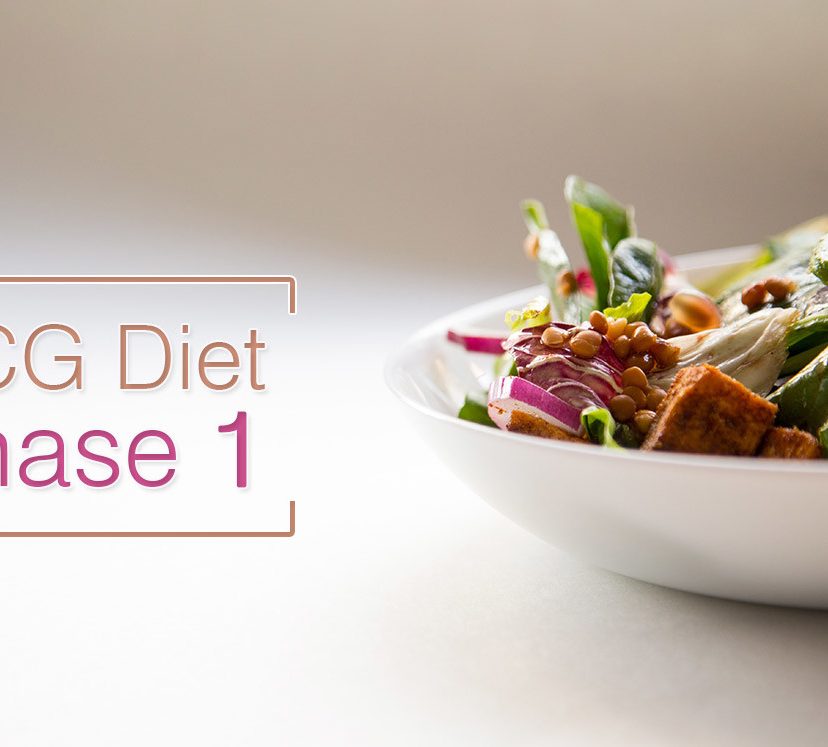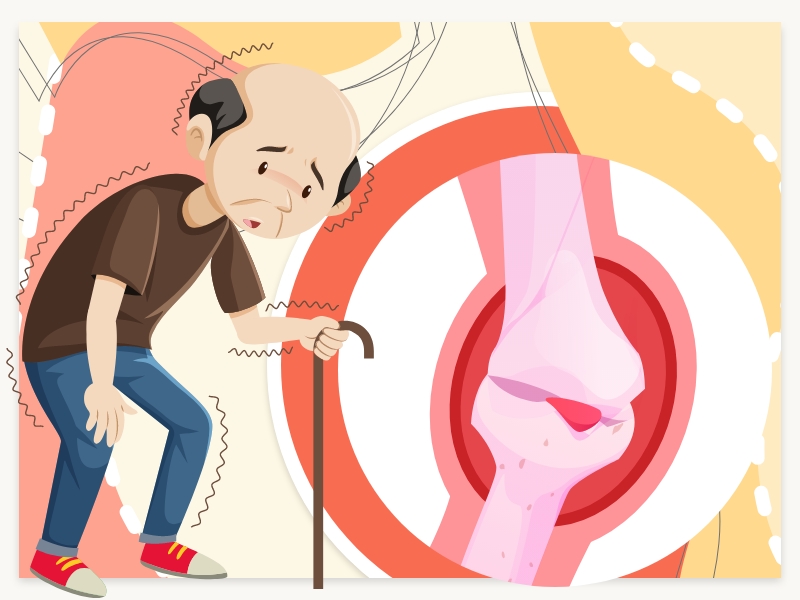GERD and the HCG Diet: Exploring How the HCG Diet Can Ease Symptoms and Improve Well-Being
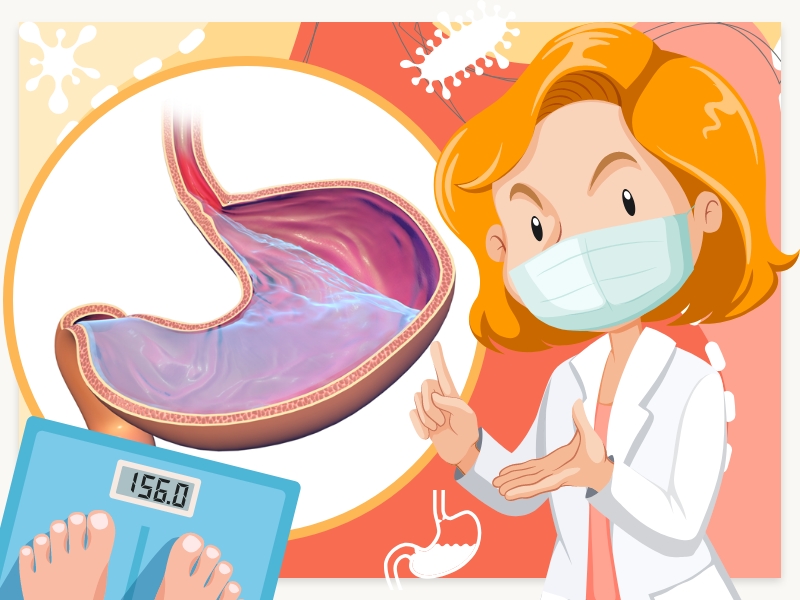
(GERD) and is also considering trying out the HCG diet?
If so, it’s essential to be well-informed about both conditions and their compatibility. Let’s delve into what this is, how it can affect your daily life, and whether the HCG diet is suitable for individuals with this condition.
So, let’s get started and unravel the mysteries of GERD and the HCG diet!
What is GERD?
GERD, or gastroesophageal reflux disease, is a chronic digestive disorder. It occurs when the acid in the stomach flows back into the esophagus. This can lead to symptoms such as:
-Heartburn
-Regurgitation
-chest pain
-difficulty swallowing
It can be triggered by certain foods, lifestyle factors, or a malfunctioning muscle that separates the stomach from the esophagus.
Living with GERD
GERD can significantly impact one’s quality of life. Frequent heartburn and discomfort can make it challenging to enjoy meals, engage in physical activities, or even get a good night’s sleep.
Many individuals with this disorder must carefully manage their diet, steering clear of trigger foods like spicy dishes, citrus fruits, fatty foods, and caffeinated beverages. Additionally, maintaining a healthy weight, avoiding smoking, and elevating the head during sleep can help alleviate symptoms.
.

Who Is At Risk Of Developing GERD?
People with these conditions may increase the risk of developing Gastroesophageal Reflux Disease:
- Obesity
- Delayed stomach emptying
- Pregnancy
- Connective tissue disorders
- Bulging of the top of the stomach up into the diaphragm
Other factors that may worsen acid reflux may include:
- Taking medications such as aspirin
- Drinking beverages such as coffee or alcohol
- Eating foods that trigger acid reflux including fatty or fried foods
- Eating large meals or eating late at night
- Smoking
Treatment for GERD
Dietary and lifestyle changes are the first step in treating Gastroesophageal Reflux Disease. Certain foods make the disease worse. Suggestions to help alleviate symptoms include:
- Lose weight if you are obese or have extra weight.
- Elevate the level of your head when you lie down.
- Do not lie down immediately after a meal.
- Avoid foods that increase the level of acid in your stomach, including caffeinated beverages.
- Avoid foods that drop the pressure in the lower esophagus, such as alcohol, fatty foods, and peppermint.
- Avoid large meals.
- Quit smoking.
- Avoid foods that affect peristalses, such as alcohol, coffee, and acidic liquids.
- Avoid foods that slow gastric emptying, including fatty foods.
How the HCG Diet Can Help Ease GERD Symptoms?
-
Elimination of Common GERD Triggers:
The HCG diet restricts food choices and eliminates many common triggers for GERD symptoms. Foods high in fat, spice, caffeine, and alcohol are often excluded from the diet. This reduces the likelihood of heartburn and acid reflux episodes.
-
Weight Loss and Reduced Pressure on the Lower Esophageal Sphincter:
The HCG diet can lead to significant weight loss, which may help alleviate the symptoms.
Excess weight can put pressure on the lower esophageal sphincter. This weakens the muscle and allows stomach acid to flow back into the esophagus. By shedding pounds, the pressure on the sphincter decreases. Thus, potentially reducing the frequency and severity of symptoms.
-
Improved Eating Habits and Portion Control:
The HCG diet promotes mindful eating and portion control. By following a structured meal plan, you eat smaller, more frequent meals throughout the day.
This approach can help prevent overeating. Thus, reducing also the likelihood of experiencing the symptoms triggered by large meals or excessive food intake.
-
Reduced Inflammation:
The HCG diet emphasizes consuming lean protein, fresh fruits, and vegetables while avoiding processed and high-sugar foods. This dietary shift can help reduce inflammation in the body, including the esophagus, which may contribute to the alleviation of GERD symptoms.
-
Enhanced Overall Well-Being:
The HCG diet encourages a healthier lifestyle by:
-promoting regular physical activity
-increasing water consumption
-reducing intake of processed foods and sugars
These lifestyle changes can have a positive impact on overall health. Thus, potentially leading to a reduction in GERD symptoms.
The HCG diet may provide relief for individuals with this disorder by eliminating common triggers, promoting weight loss, improving eating habits, reducing inflammation, and enhancing overall well-being.
However, it’s essential to recognize that individual experiences may vary, and a personalized approach is necessary. Consult with a healthcare professional before embarking on any weight loss program to ensure it aligns with your specific health needs and goals.
Remember, finding a balance between weight loss, dietary modifications, and managing GERD symptoms is key to promoting a healthy and comfortable lifestyle.

